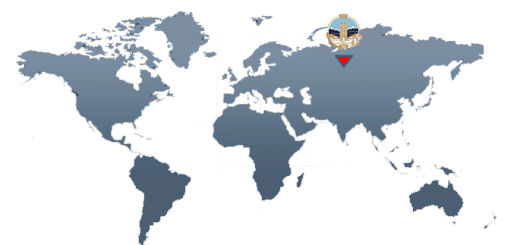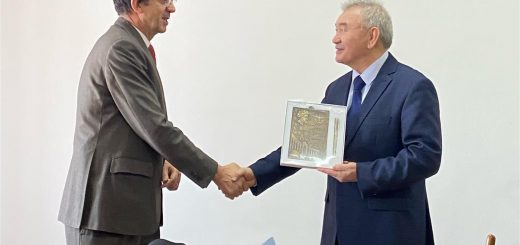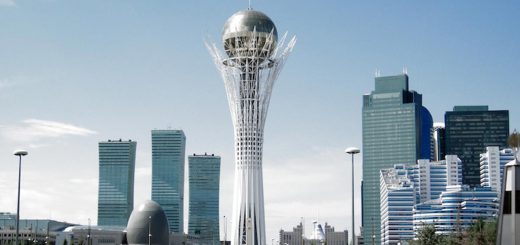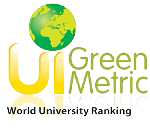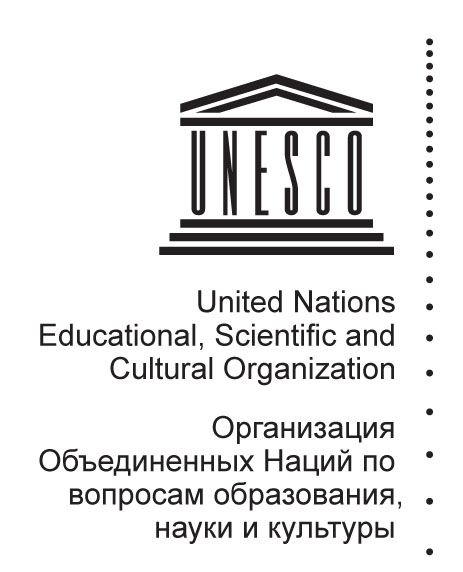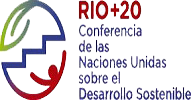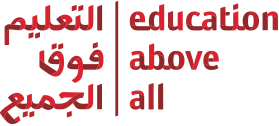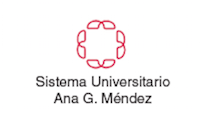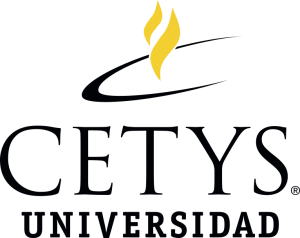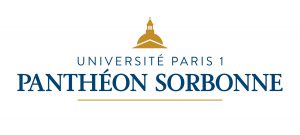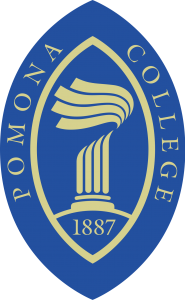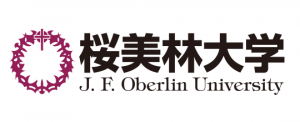NEW GLOBAL HUB OFFICE OF THE UN PROGRAM OPENED IN KAZNU
On the 75th anniversary of the founding of the United Nations, a new office of the Global Hub of the United Nations «Academic Impact» Program on Sustainable Development (UNAI) has been opened in Al-Farabi Kazakh National University.
The new office was officially presented to Secretary of State Krymbek Kusherbayev, who during a recent visit to KazNU got acquainted with the activities of the University, which has been heading the UN Global Hub since 2014 for the fourth consecutive term. He highlighted the importance of the work being done and the need to use this platform in promoting Kazakhstani initiatives aimed at solving problems of sustainable development of mankind.
The best practices of Al-Farabi KazNU as the world coordinator of the scientific and educational community on sustainable development issues are in demand and have received high international recognition. For example, the leading Kazakhstani University was the only one of the CIS universities to open its section at the UN World Summit «RIO+20» in Rio de Janeiro, presenting the project «Green Bridge through Generations» in support of the initiatives by Yelbasy N.Nazarbayev «Global Energy and Environmental Development Strategy» and «Green Bridge».
Bright evidence of the active position of the University in implementing the ideas and principles of the UN at the international level became the international conference «New Paradigm of Sustainable Human Development. G-Global – Format for Global Dialogue». At this event in November 2014, for the first time, President Tokayev presented the 10 principles of the new paradigm of sustainable human development to the public. The holistic view of the Head of State on overcoming civilizational faults and building a new world order, taking into account current and future threats, was highly appreciated by experts and the international community. Even today, KazNU, as the head of the UNAI Hub, continues to work purposefully on the implementation of this global initiative, involving broad academic circles.
Within the framework of the AEF, KazNU organized and held the 3rd Forum of Asian Universities «Eurasian Diversity and the Role of Universities for Sustainable Development», which discussed the issues of consolidation of HEIs in addressing new threats and challenges of our time, increasing their role in energy security and sustainable development of society. In 2018, a successfully operating Ban Ki-moon Institute for Sustainable Development was established at KazNU, which was opened with the personal participation of the former UN Secretary-General.
At a meeting in KazNU with the State Secretary of Kazakhstan Krymbek Kusherbayev, the representative of the UN Department of Global Communications Vlasimil Samek emphasized that the active work of the University, aimed at addressing the challenges of the millennium and promoting initiatives of Kazakhstan, makes a significant contribution to deepening cooperation and collaboration with the UN in the implementation of sustainable development goals.
KazNU conducts active work in the anniversary year of Al-Farabi, promoting his ideas in synergy with the UN Global Citizenship program. The University in collaboration with the UN Alliance of Civilizations is implementing the international project «Formation of Citizens of a Virtuous Society. Mission of Modern Universities», which is based on the ideas of a great thinker on a virtuous society.
On the eve of the UN Day, which is celebrated on 24 October and within the framework of the Decade of Sustainable Development Goals, the international conference «Reason for Peace» will be held to mark the 1150th anniversary of Al-Farabi, the 75th anniversary of the founding of the UN, the 15th anniversary of the UN Alliance of Civilizations and the 10th anniversary of the Academic Impact Program. This high-level event aims to address the creative heritage of Al-Farabi in synergy with UN programs on global citizenship and sustainable development. It is expected to be attended by the heads of UN structures and programs, world-renowned scientists, prominent political leaders and public figures, representatives of the academic community and the media

